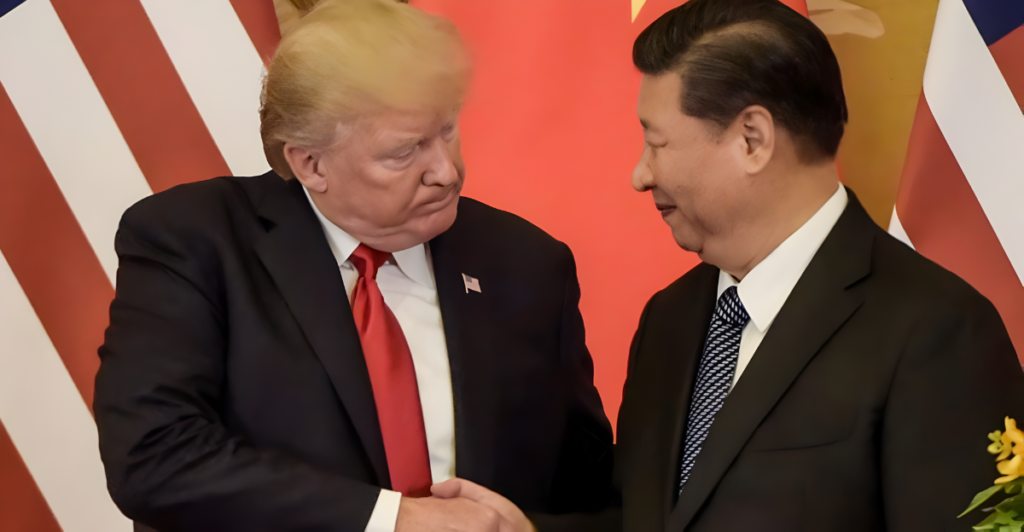
Amidst tariffs, many goods are increasing significantly in price. But there are talks of some goods being exempted from these steep tariffs. This is a surprising move as China has been charging high tariffs as part of a trade fight with the U.S.
These tax exemptions could ensure that important sectors in China get the things that they really need without having to cripple their finances as a result. Here are nine key types of U.S. products that will be safe from the retaliatory 125% tariffs.
The exemptions show us that the United States and China still depend on each other for certain resources.
Medicine

Some U.S. Medicine is going to dodge the large tariff bullet. It’s not all medicines, as everyday drugstore medication is getting taxed. However, important medicines, such as lifesaving drugs that treat serious illnesses like cancer or help children stay healthy, will be exempt.
Without charging extra taxes on these products, China can ensure that people can get the vital medicine they need. This shows that the government recognized the fact that these tariffs could seriously hurt the people who are the most vulnerable.
The country needs these medicines because they are hard to make or find suppliers in other countries.
Microchips
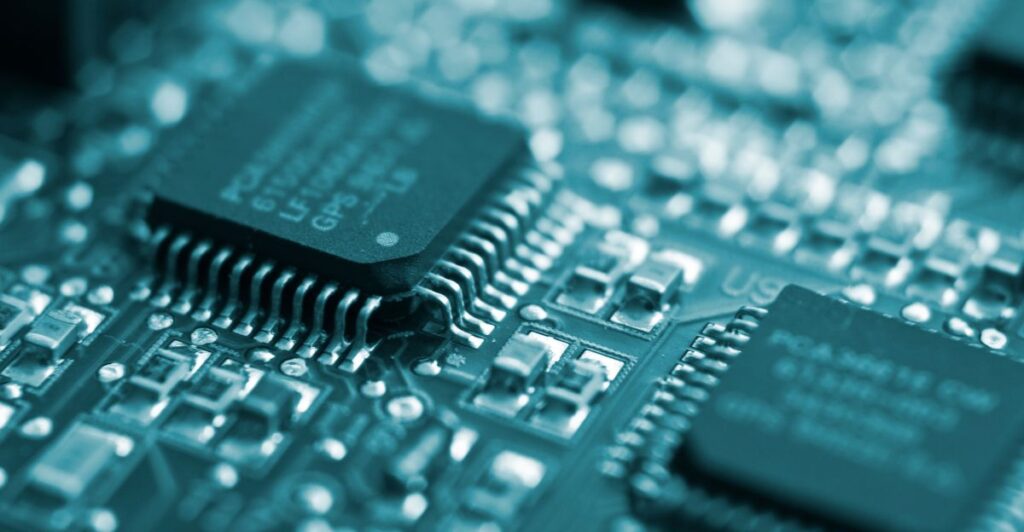
Microchips are important components that make all sorts of electronics like phones, computers, and other machines work. While China makes many of these microchips themselves and has invested a significant amount in the local semiconductor industry, they do not have enough supply locally and remain reliant on advanced microchips from the U.S.
By granting exemptions on these components, it serves the country’s interests and makes sure that they don’t cripple the local electronic manufacturing sector.
This exemption is an acknowledgment of the technological dependence on the United States and ensures that China will see continued growth in important sectors.
Aircraft Engines
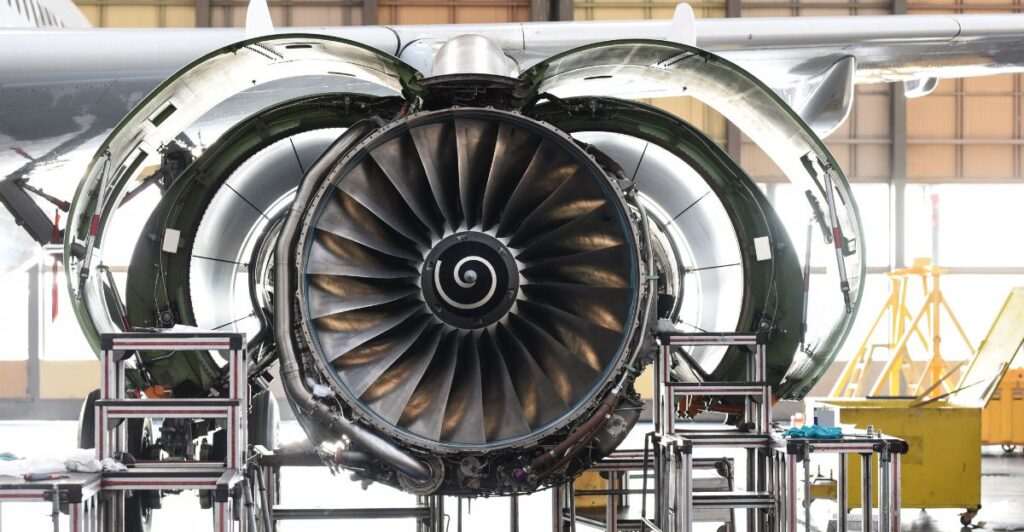
China’s growing commercial aviation sector was fueled by its economic growth and an increase in both domestic and international demand for flights. This sector relies heavily on advanced aircraft engines that are mostly built on U.S. soil.
China serves its best interests by having tax exemptions on these important components that further aid domestic aviation companies such as Air China, China Easter, and China Southern have access to high-performance, fuel-efficient engines that are needed for safe and competitive operations.
This exemption will also have positive effects on U.S. companies such as General Electric and Pratt & Whitney.
Aviation Parts

China isn’t just putting exemptions on aircraft engines. This exemption extends further to a variety of U.S. aviation parts and maintenance equipment as well.
These items ensure airline safety and are essential in everything from routine maintenance to major repairs. Local airlines can maintain high standards and avoid expensive flight delays by keeping supply chains open.
Ethane
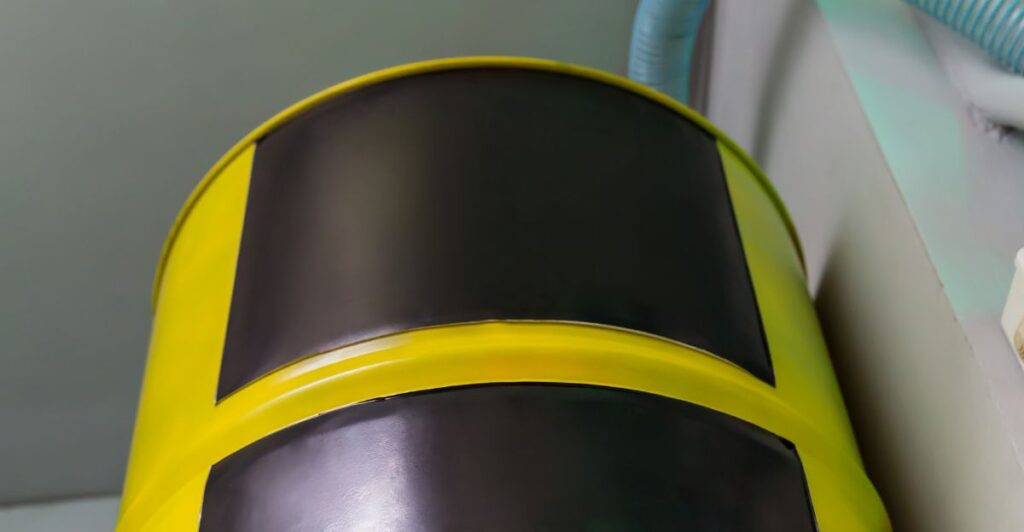
Ethane is an important gas that, after being extracted from natural gas, is colorless and odorless.
It serves a crucial role in China’s large petrochemical industry, which created a variety of plastics, synthetic fibers, and other chemicals that are important in many other industries. China has made investments in local ethane production but still needs most of its supply from the United States.
Without any tariffs on ethane, China can continue to supply its domestic petrochemical industry without any hitches, helping it keep the prices of products competitive and continue to meet domestic demand.
Industrial Chemicals
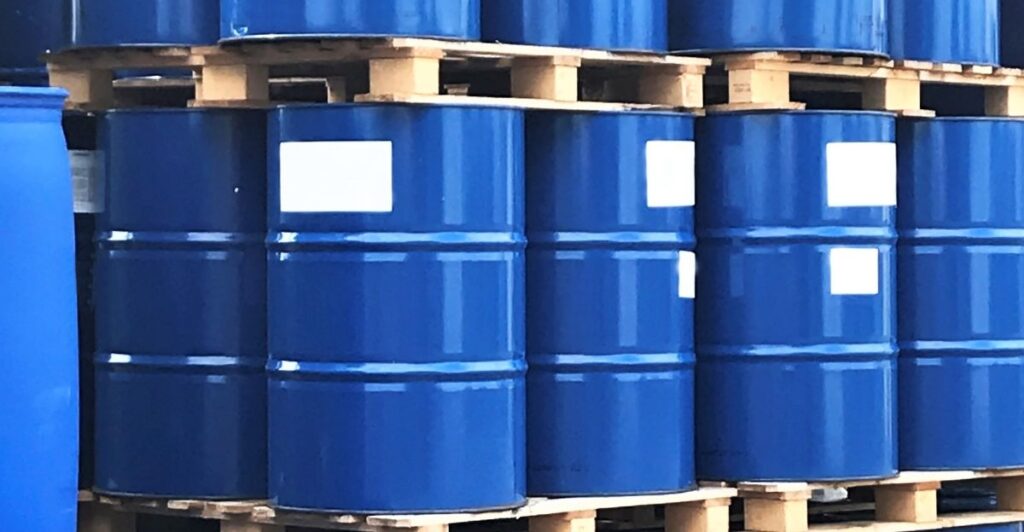
Many of China’s industrial chemicals are imported from the U.S. and are used in proprietary technologies and other manufacturing processes.
A lot of China’s manufacturing operations need these chemicals, which are often used as catalysts, solvents, and additives, to produce a great deal of products, from electronics to pharmaceuticals and construction materials.
China knows that disruption to these supply chains could have many implications for industries in different sectors, including reduced efficiencies, higher costs, and other hitches. The exemption offers a window into the dependencies that nations have with one another when it comes to important manufacturing items.
Agricultural Products

China’s food supply is dependent on a few key products that the U.S. produces, including American soybeans and pork. China has recognized how important these products are for food security and has provided a tax exemption on them.
Soybeans play a vital role in contributing enough protein to animal feed and edible oils. Pork is a staple meat in China, and a lot of it is imported from America.
The tariff exemption aids U.S. farmers, who have been vocal about the negative impacts of the tariffs on their livelihoods. Agricultural products have remained one of the most important bargaining chips in international trade efforts.
Liquefied Natural Gas

Transported on large ships, Liquefied Natural Gas (LNG) is a super-cooled natural gas that is a crucial component of China’s energy mix. China manages to diversify its energy sources by buying LNG from America.
Reducing their own reliance on coal-fired power plants and slightly reducing their carbon blueprint. China can support its own environmental goals and improve its air quality in major cities by encouraging the continued trade of LNG and ensuring there are no tariffs on the product.
This also showcases the importance of energy trade in an otherwise turbulent economic relationship.
Crude Oil

Crude oil continues to be one of the most important products that modern economies have been built on. It remains a vital energy source for China, fueling industrial, transportation, and petrochemical sectors.
Making sure that they continue to have a steady supply of crude oil from the U.S. will keep their economy stable. China relies on the U.S. for a lot of its crude oil and manages its own energy security.
The tax exemption on these products proves how important energy is and how it can remain a valuable part of international trade.
Steel Rails

Steel rails are an essential component that aids countries, especially China, in their ongoing efforts to modernize their transportation infrastructure and create a greater network of railway systems.
Railway systems help countries create broader trade networks outside of their borders, connect cities, and drive economic growth.
China relies on steel rails for the construction of railway tracks, and the tax exemption aids them in their infrastructure development and promises to make sure it continues unimpeded.
Rare Earth Metal Ore
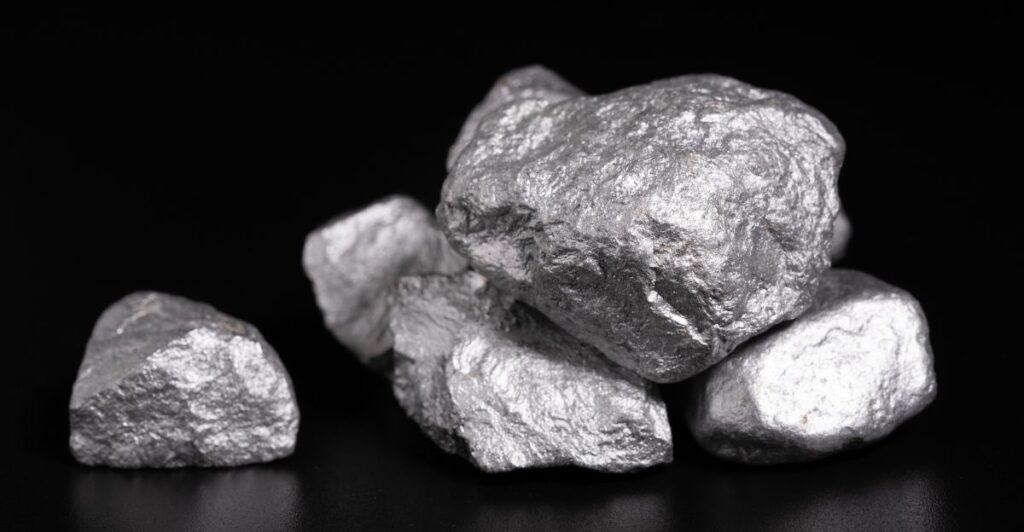
To further aid in the manufacturing of electronics, electric vehicles, and military equipment, China is going further by putting tax exemptions on the raw material itself – U.S.-sourced rare earth metal ore.
This material is an essential component for China, and while they have a history of being a dominant nation in rare earth processing, they still depend on the United States’ ore for blending.
Medical Disinfectants
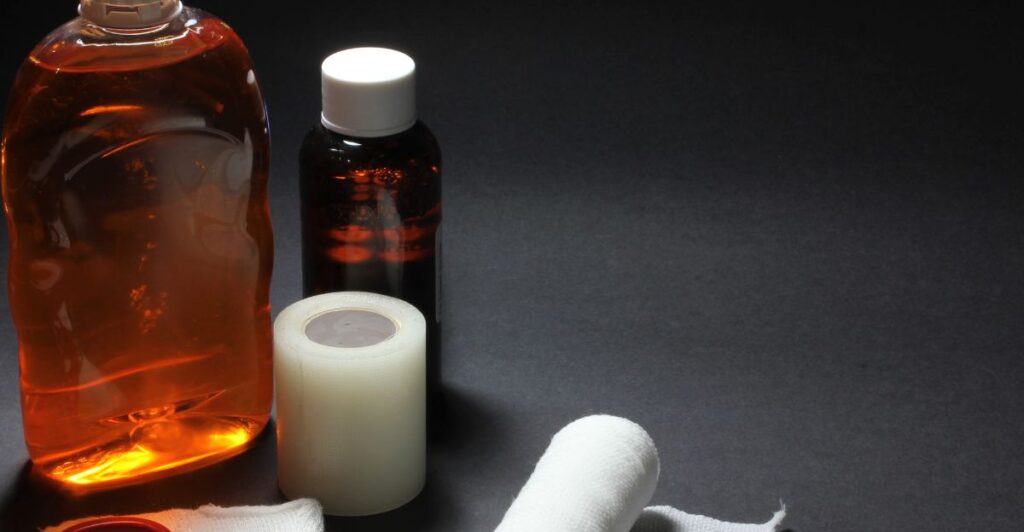
China aims to continue to maintain hygiene standards through the tariffs by exempting tariffs on important medical disinfectants that are used in hospitals, clinics, and other places that require a sanitary environment.
Continued access to these disinfectants, especially in emergency situations, ensures that high-quality and reliable sanitation can be sustained, reducing the risks of disease among China’s population and keeping up their healthcare infrastructure.
Nickel-Cadmium Batteries
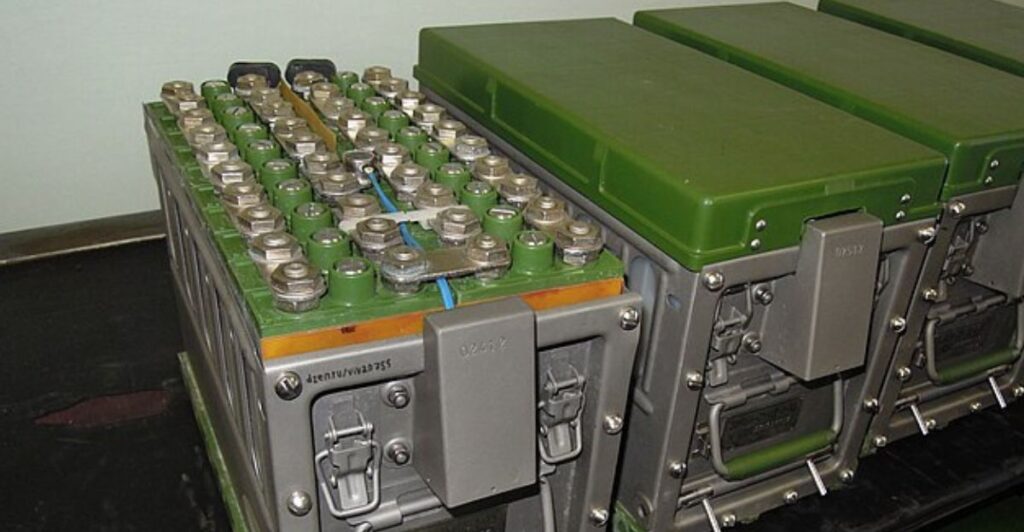
Nickel-cadmium batteries are crucial sources of energy in many backup power systems, industrial tools, and emergency lighting, and are also on China’s exemption list.
China values these batteries for their reliability and long lifespan, so by exempting them from tariffs, China is ensuring a steady supply for important infrastructure, manufacturing, and public safety systems.
Smartphones

Amid trade tensions, China has put a surprising item on its list—U.S.-made smartphones. Ironically, China produces and exports the most smartphones in the world, but many local businesses rely on U.S. brands for personal use or corporate use.
Exempting smartphones helps Chinese citizens avoid higher prices and ensures that supply chains will not be interrupted in China’s massive mobile market.
Computers And Laptops

Much like smartphones, computers and laptops are essential devices for Chinese businesses, educational entities, and government operations.
Access to these important devices should be kept intact for Chinese students, professionals, and institutions, as China puts a tax exemption on them. These steps ensure that productivity in important economic and security sectors remains.
Electronic Monitors And Displays
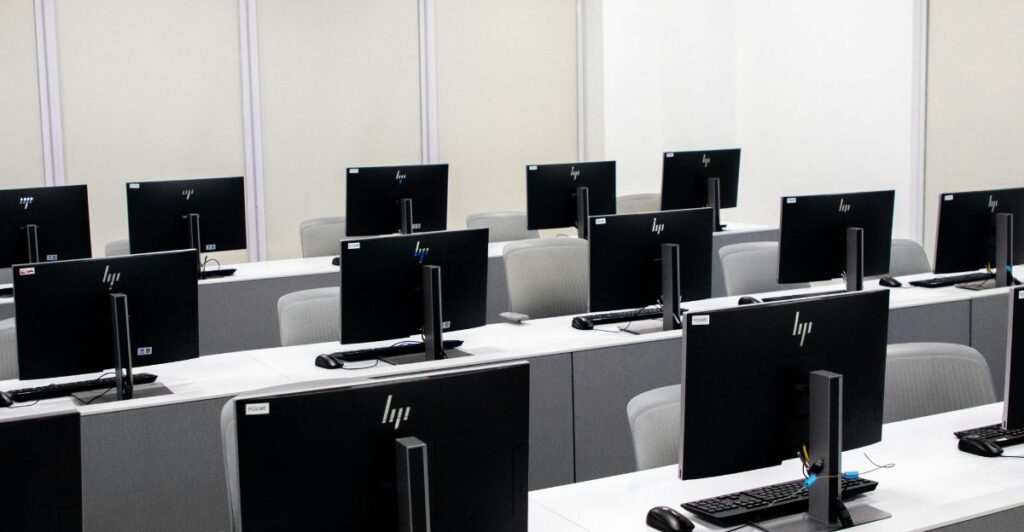
What are computers without displays? U.S. monitors and electronic displays are essential items in many of the same sectors that need reliable computers.
Places like schools, offices, hospitals, and entertainment areas all rely on imported displays. Many of the high-end displays are made with U.S. technology or components, meaning that the only way to keep supply chains open is to exclude tariffs on them.
Integrated Circuits And Other Components
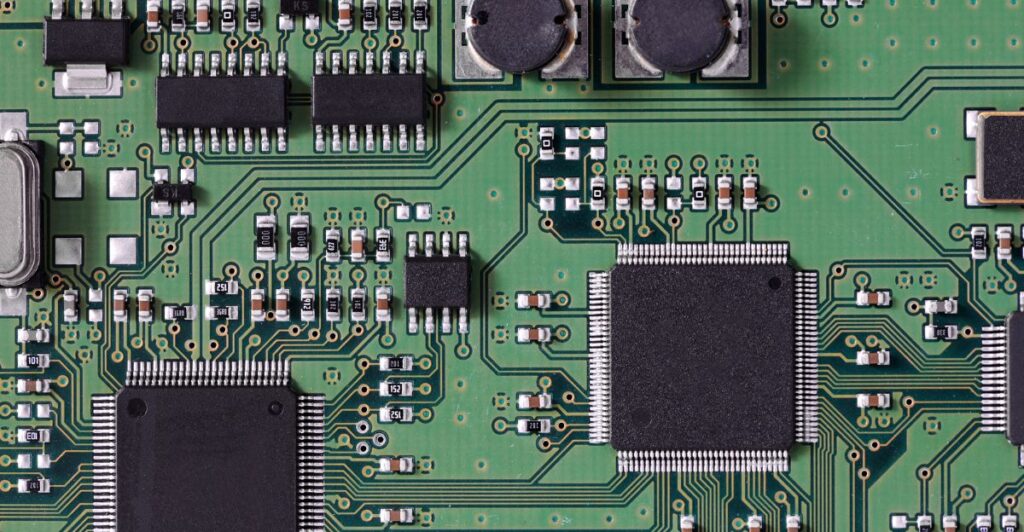
Beyond Microchips, China relies on many other integrated circuits and electronic components from the United States. These parts form a backbone for many modern electronics, from automotive systems to smart appliances.
An exemption from tariffs on these items ensures that Chinese manufacturers can continue to produce these items and maintain quality and competitive standards.
Agricultural Machinery
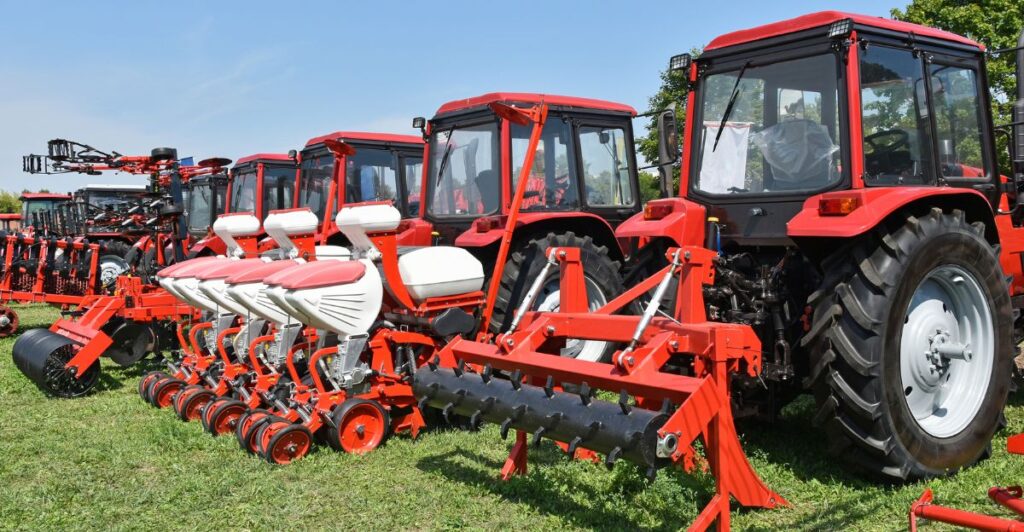
Tax exemptions for food security extend beyond soybeans and pork, with agricultural machinery itself being excluded as well. Tractors, harvesters, and other specialized items are crucial for China’s agricultural sector and its modernization.
A lot of this machinery comes from other countries, including the United States, and ensures improved yields and food security for the country while also supporting rural economies and quality farm yields.
Medical Devices
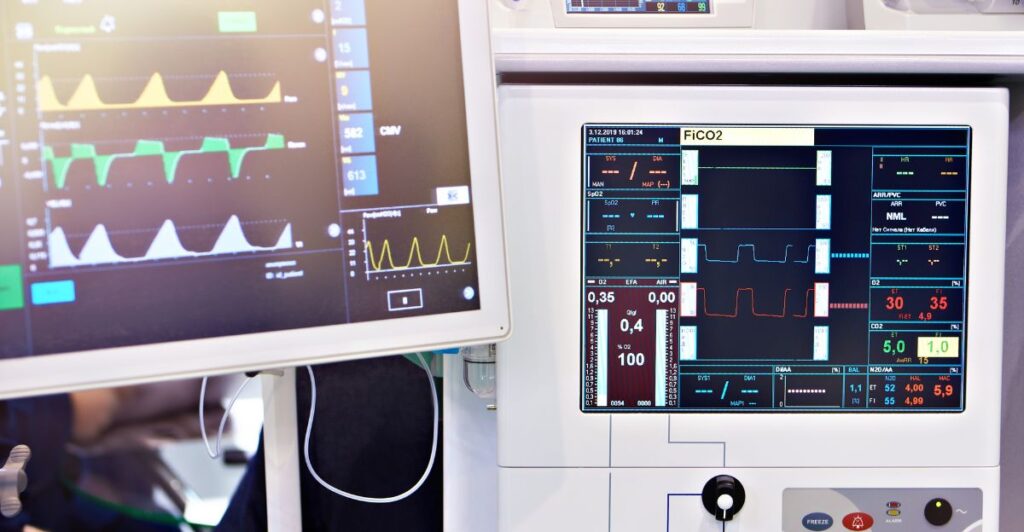
China relies on more than just medical disinfectant and medicine itself; it is also dependent on U.S. medical devices that are essential for quality healthcare and treatment within its borders. This exemption ensures that hospitals have the best access to potentially life-saving equipment.
Medical products like patient monitors and blood transfusion equipment are all being exempted, showing at least some kind of reliance on imported medical equipment.
Discover more DIY hacks and style inspo- Follow us to keep the glow-up coming to your feed!

Love content like this? Tap Follow at the top of the page to stay in the loop with the latest beauty trends, DIY tips, and style inspo. Don’t forget to share your thoughts in the comments — we love hearing from you!